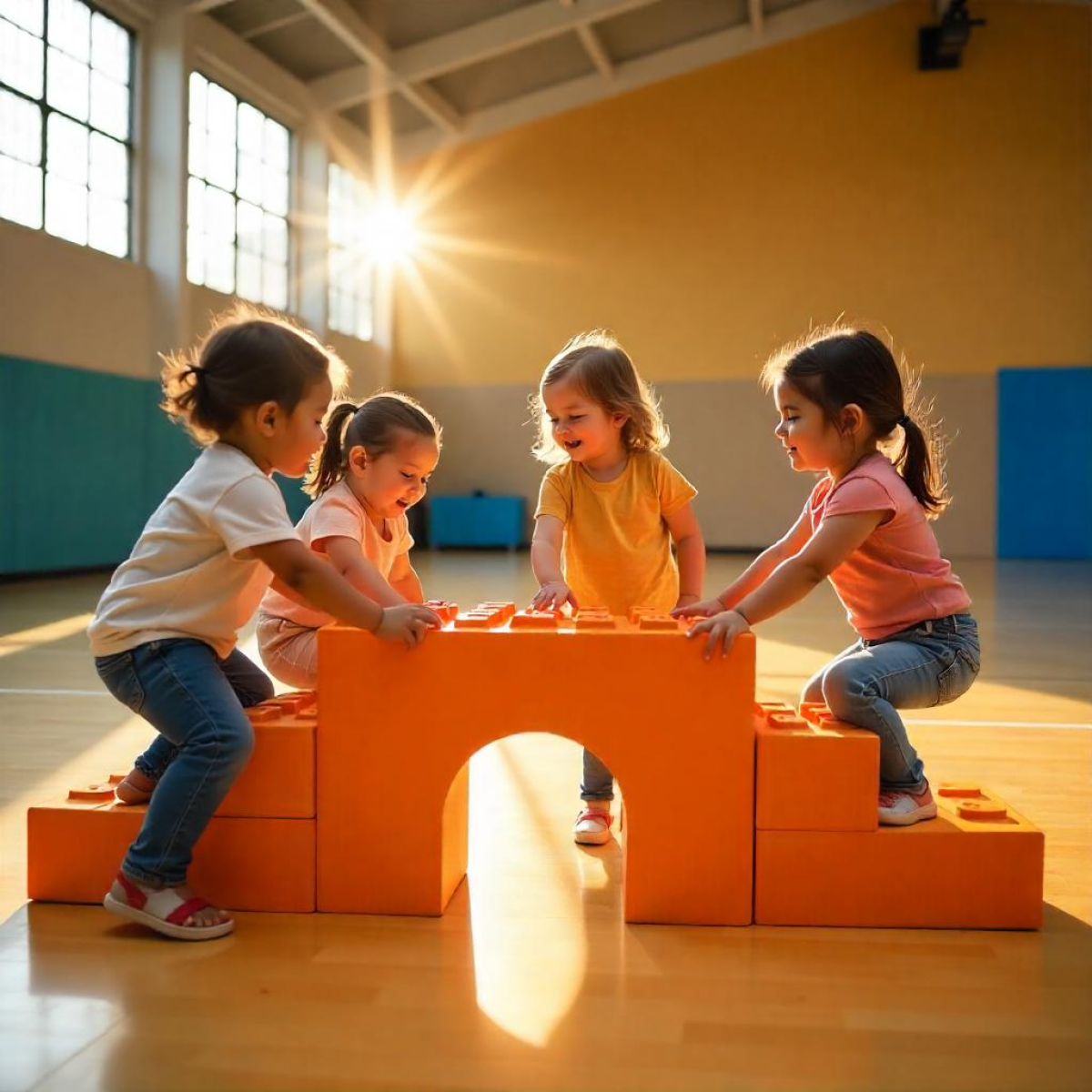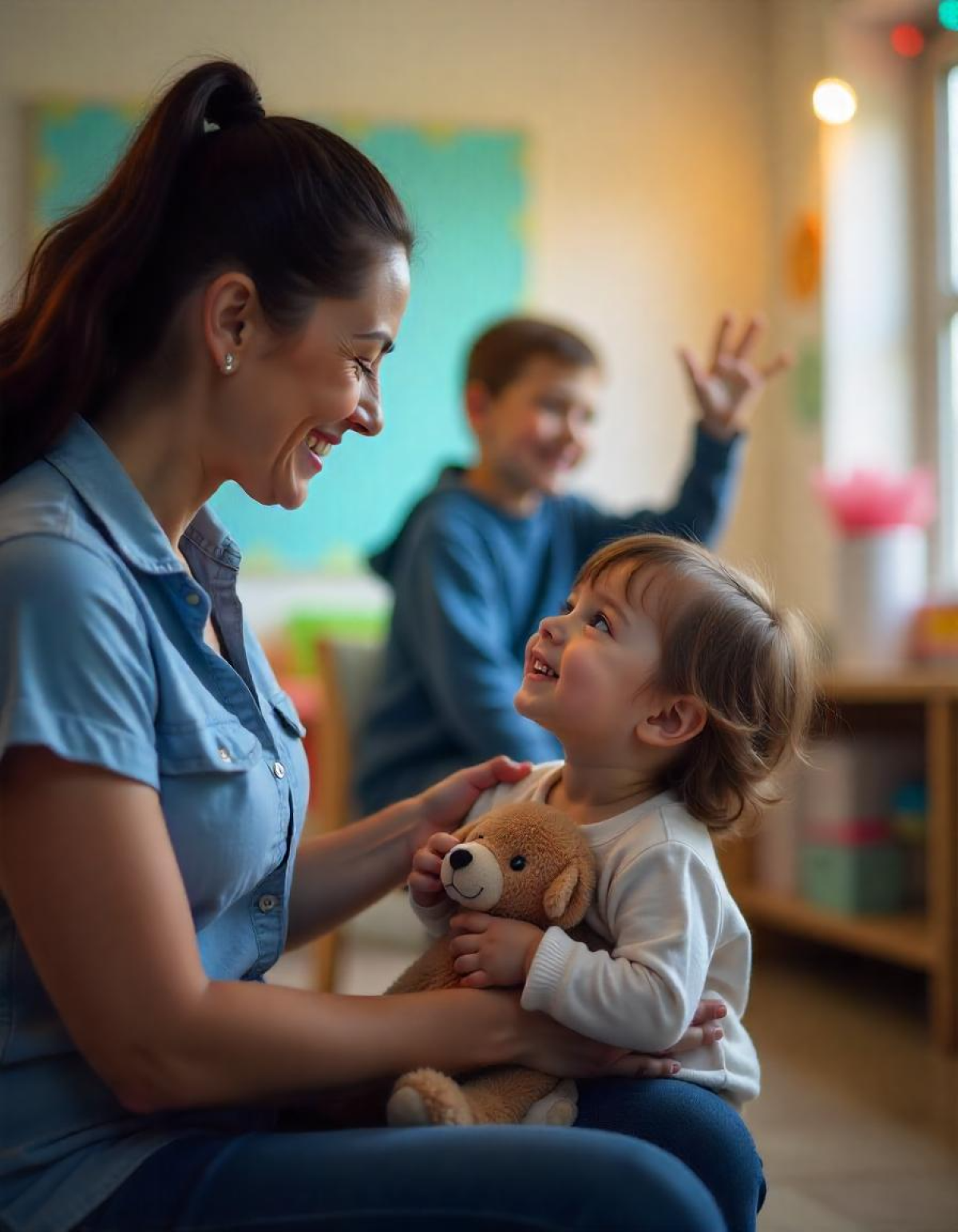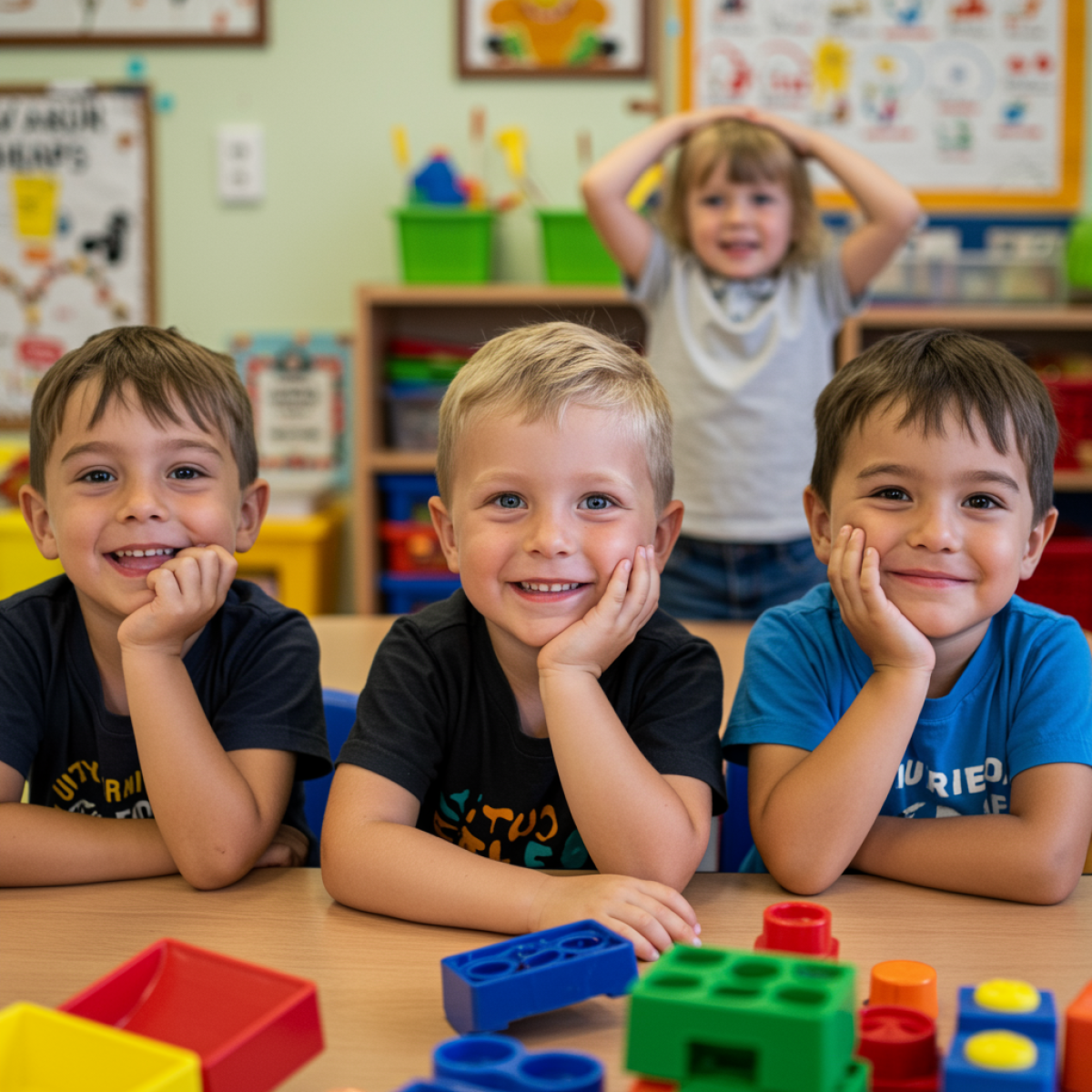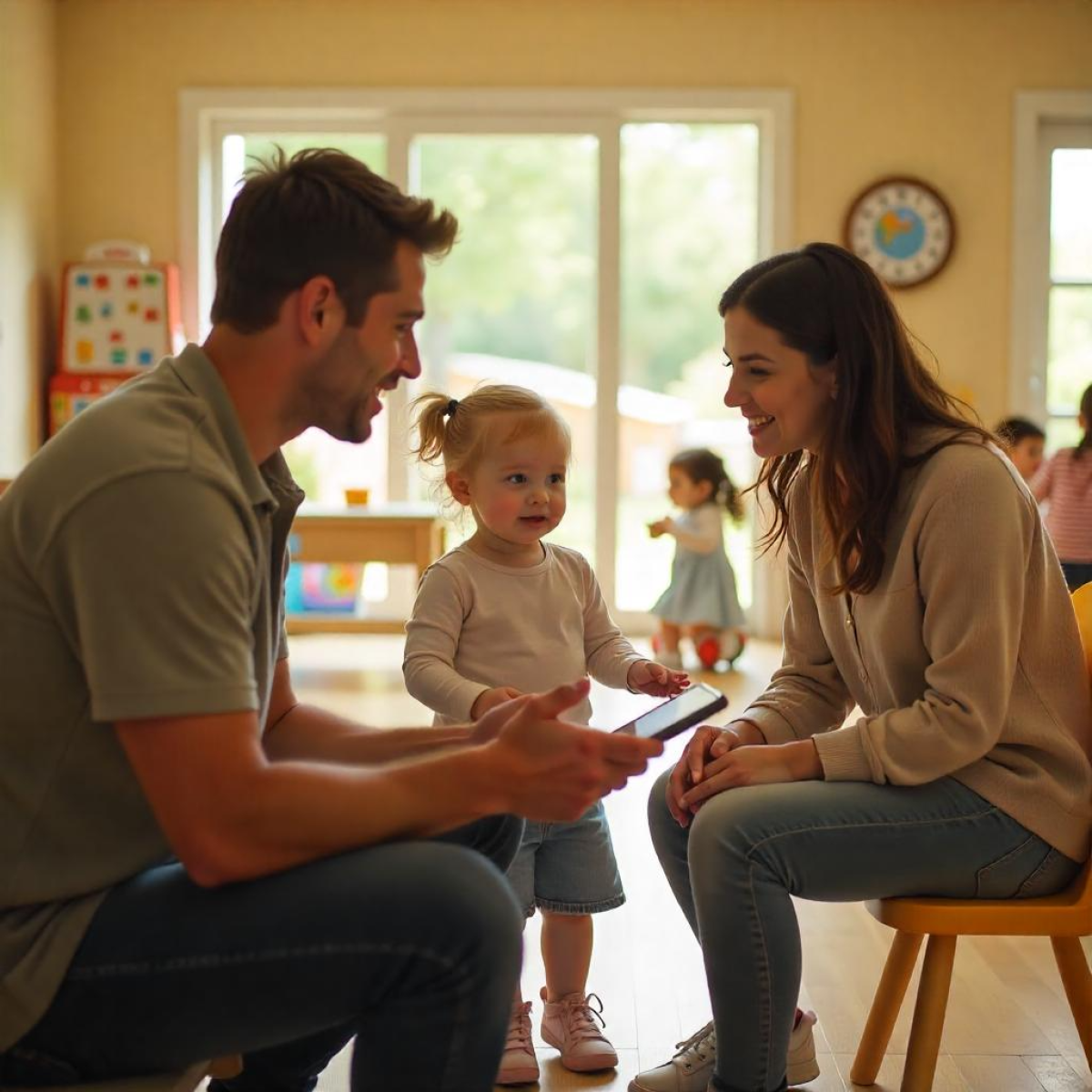In today’s world, where children’s schedules are often packed with structured activities, technology, and academic pressure, free play remains one of the most essential elements for their healthy emotional development. Free play is not just a way to pass the time it is a powerful tool that helps children understand their emotions, build confidence, and learn how to face challenges independently.
What is Free Play?
Free play refers to unstructured, spontaneous play that is initiated and directed by the child. It doesn't follow specific instructions or aim for a pre-set learning goal. It might include imaginative play, building with blocks, role-playing with dolls, running in nature, or creating with various materials.
Free play gives the child full control over the activity, which enhances their sense of autonomy and emotional security.
Emotional Benefits of Free Play
1. Emotional Expression and Processing
During play, children often express emotions they may not yet be able to verbalize. For example, a child playing with dolls might reenact a situation that caused them anxiety, allowing them to process that experience in a safe, controlled way. This helps reduce emotional stress and encourages healing.
2. Building Self-Confidence and Self-Esteem
When children create their own games and make their own decisions without adult interference, they begin to feel more capable and valuable. Solving small problems during play boosts their self-confidence — a foundation for resilience and healthy emotional growth.
3. Managing Stress and Emotional Regulation
Free play acts as a natural stress reliever. It helps children move from a state of emotional agitation to one of calm and balance. This contributes to overall emotional well-being and prepares them to cope better with daily challenges.
4. Developing Empathy and Social Skills
Through play with peers, children learn to share, take turns, negotiate, and show empathy. These skills are fundamental for emotional intelligence and building healthy relationships as they grow.
How Can We Support Free Play in Daily Life?
-
Create safe and engaging play spaces with open-ended materials that invite creativity and exploration.
-
Limit screen time to allow for more opportunities for active and imaginative free play.
-
Respect the child’s play – avoid interfering or overly directing unless necessary for safety.
-
Observe attentively, as play often reflects the child’s inner emotional world.
Free play is far more than entertainment — it is a key part of emotional, social, and cognitive development. Parents, educators, and caregivers should recognize and encourage this natural form of learning and emotional expression. A child who is given enough time and space for free play is a child who grows up emotionally secure, self-aware, and happy.








